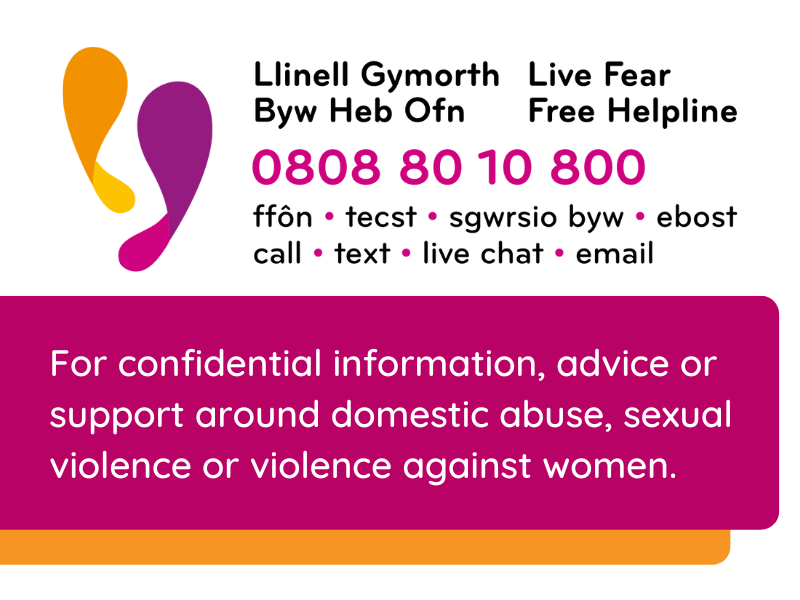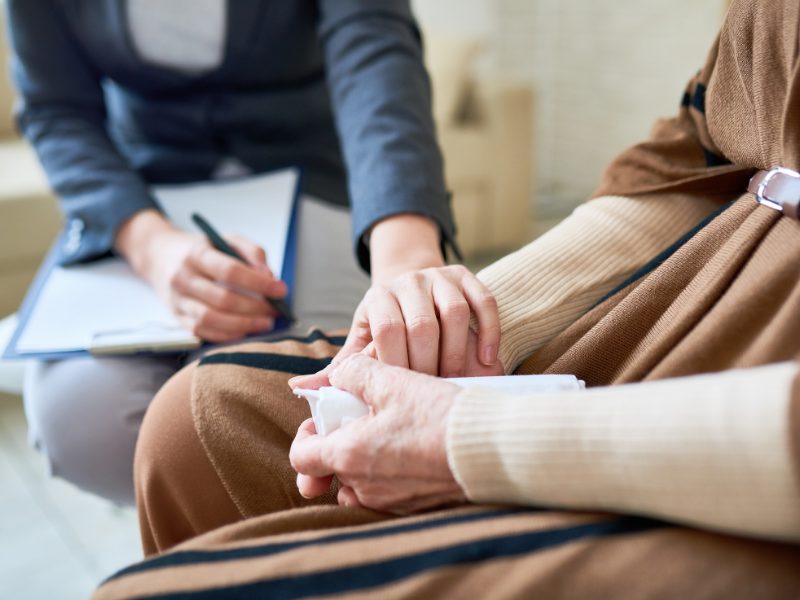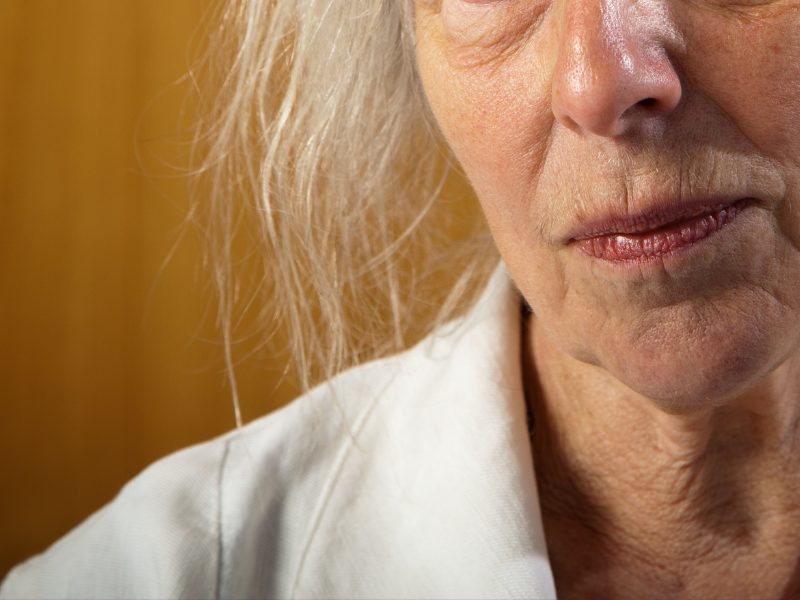This video is available in a multitude of different languages – click here to view.
If you are worried that someone you know is experiencing or is a survivor of domestic abuse or violence, it can feel difficult to know what to do, but you don’t have to be an expert to support a survivor. We have a few tips to help you.
Firstly, if you or someone else is in immediate danger or if you witness abuse, you should always call 999.
Dos and don’ts
- Do listen. Let the person tell you what they need to, even if it is hard to hear, and believe them.
- Be patient if they don’t confide in you straight away and don’t push for any information before the other person is ready. It can take time for someone to recognise abuse.
- Try not to interrupt them even if you have lots of questions. It is sometimes tempting to make plans and provide advice but try to resist this. Support and empower the survivor to explore their feelings and make their own decisions.
- Respect their decisions even if they aren’t the same ones you would make.
- Do not judge them or question their experiences. It is very difficult to open up about abuse and they might have tried to tell someone who ignored or didn’t believe them in the past.
- Remember that disclosing abuse is a process and every survivor’s journey is different.
Signposting
It may be helpful to know where to signpost a survivor for more support.
The Live Fear Free Helpline is available 24 hours a day, 7 days a week to provide support and guidance about violence against women, domestic abuse, and sexual violence to survivors, concerned others, and professionals.
- Call 0808 80 10 800
- Email [email protected]
- Text 07860 077333
- Visit https://gov.wales/live-fear-free/contact-live-fear-free to use our webchat service.
If you’re worried about a child and unsure what you can do, call the NSPCC on 0808 800 500.

As part of our Ask Me project, Welsh Women’s Aid provide free training and ongoing support that helps community members to start conversations about abuse, know where help is available and know how to give helpful, supportive responses to anyone who shares their experience of abuse. Find out more about Ask Me here.

Looking after yourself
Talking to someone about their experiences of abuse or violence may trigger complex emotions or even painful memories for yourself. Healthy boundaries, self-care, and being aware of your own emotional capacity to support others are important to enable you to give helpful responses to survivors, so make sure you get any support you need. The Live Fear Free Helpline is available for concerned others if you need to talk.
Most domestic violence services have support available and can provide suggestions as to other actions you might take. Go to our local services page to find out more about services in Wales.




